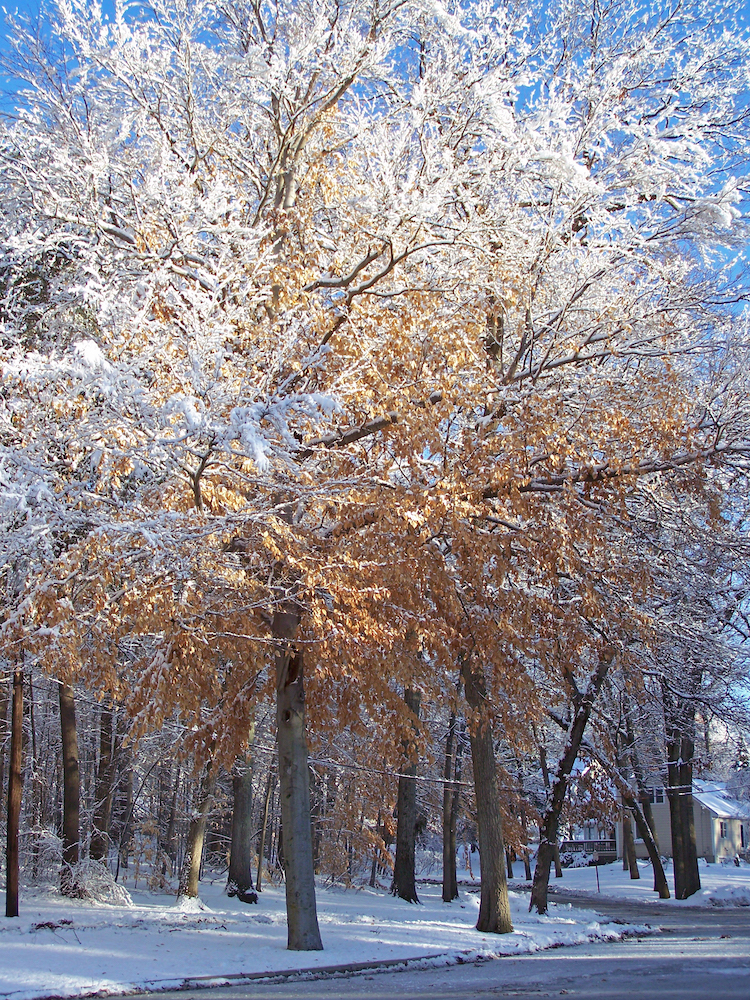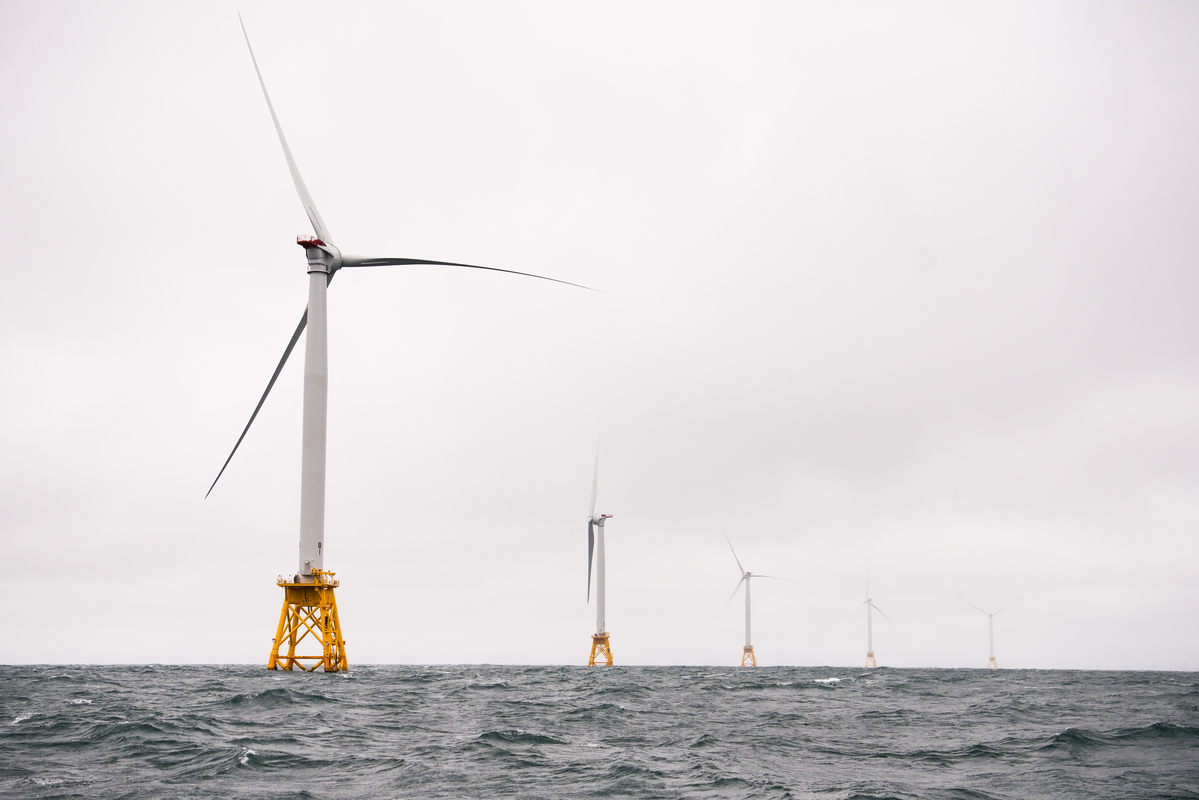By Paul Dale
 When cold weather comes, out come voices proposing flawed responses to our cold weather energy needs saying we must burn more fracked gas and burn biomass. The persistent debate and endless worry about the reliability of our power grid must stop. We have a critical responsibility to provide a reliable power grid and to curb the climate crisis, and we have the means to do both, but it requires focus.
When cold weather comes, out come voices proposing flawed responses to our cold weather energy needs saying we must burn more fracked gas and burn biomass. The persistent debate and endless worry about the reliability of our power grid must stop. We have a critical responsibility to provide a reliable power grid and to curb the climate crisis, and we have the means to do both, but it requires focus.
For ISO New England, fuel-security is the foremost challenge to a reliable power grid. Very cold weather increases the demand for fracked gas for heating and can limit the amount available for electricity generation. For now, ISO-NE compensates by using stored liquified natural gas (LNG) or oil when necessary. This is costly, impacts our health and causes greenhouse gas (GHG) emissions. Our investment in energy infrastructure must not expand our ability to burn stuff.
There are three approaches, all of which are in the works, that we need to accelerate:
-
Clean up the grid – rapidly expand wind, solar and storage to reduce and eliminate the need to burn fuels for electricity
-
Be more efficient – the best energy is the energy that we don’t need
-
Electrify the heating of our buildings.
Offshore wind is available at least 95% of the time during cold or extreme weather. 800MW of offshore wind can save Massachusetts ratepayers $15 million in oil and LNG in just four cold days.

Furthermore, ISO-NE points out that “solar panels can reduce the consumption of natural gas and oil during sunny winter days, so more [stored] oil and gas are available later,” or not needed at all.
Conservation and efficiency are vital. The best energy is the energy that ratepayers never need to buy because their homes are efficient. Massachusetts leads the nation in energy efficiency improvements, and the new three-year Mass Save plan will extend this lead. It is more ambitions than past plans and includes incentives to get fossil fuels out of our homes by switching to heat pumps.
Even with the high availability of offshore wind in winter, ensuring grid reliability requires either a stored fuel option or a long duration battery option for unusual events. Low cost, long duration batteries are in development. For example, Boston-based Form Energy is developing a new iron-air battery “capable of delivering electricity for 100 hours at less than 1/10th the cost of lithium-ion.”
Our energy future is bright. The old ways based on burning fuels is fading, but not fast enough. We need greater investments in the new energy future to have savings from no-cost, inexhaustible “fuels”, better health, and zero emissions to prevent global warming and sustain the future for our children. Cold winter weather is not a reason to hold back, but rather an imperative to move forward faster to eliminate the top grid reliability concern, the fuel security concern.
Paul Dale
Energy Committee Chair
Sierra Club Massachusetts
Snowy tree photo credit: Paul Dale
Offshore wind photo credit: Photo by Dennis Schroeder, National Renewable Energy Laboratory 40448